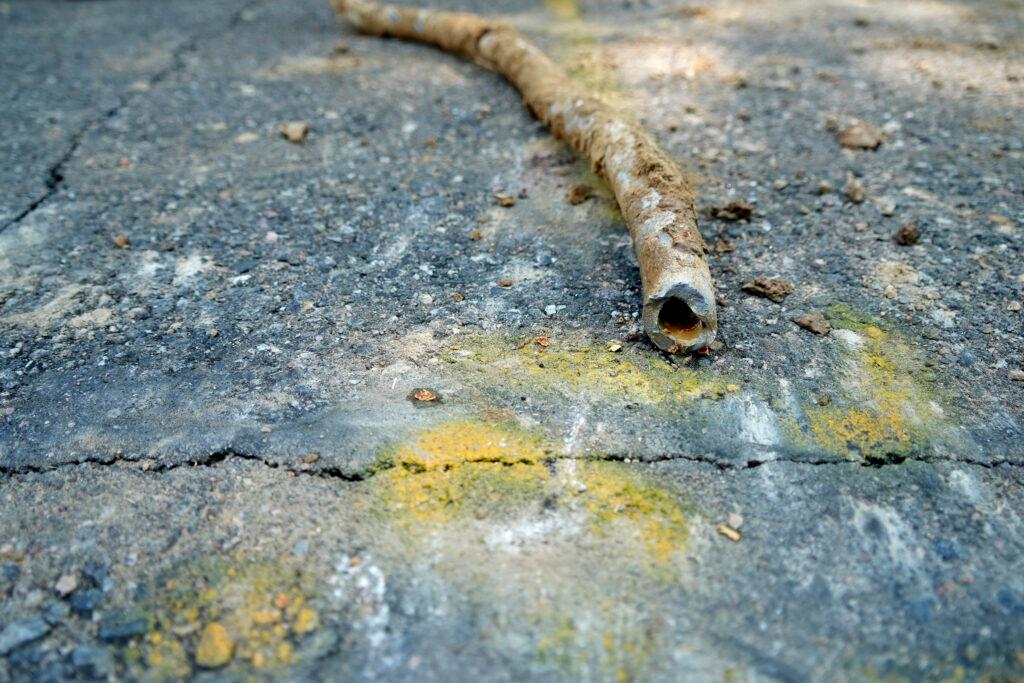
A new survey from the Environmental Protection Agency found there are over 110,000 lead pipes in Colorado, which could cost more than $12 billion to completely remove.
The findings mark the first time the EPA has put a number on the amount of lead pipes in the nation. Colorado ranks relatively well in terms of how many lead pipes are still underground. Florida and Illinois top the list with more than 1 million lead pipes each.
Lead pipes, known officially as lead service lines, are defined as pipes contaminated with lead that are connected to active water mains. Congress banned lead pipes in 1986. Lead can enter drinking water and cause negative health effects if it enters the bloodstream, especially for children. Symptoms can include developmental delays, weight loss, and difficulties with memory or concentration.
The new EPA survey will be used to allocate billions of dollars from the Bipartisan Infrastructure Law. That money will go to local governments to help them find and remove lead pipes.
“Every community deserves access to safe, clean drinking water,” EPA Administrator Michael Regan said in a statement. “We have an unprecedented opportunity to revitalize America’s drinking water systems, support the Biden-Harris Administration’s goal of removing 100 percent of lead pipes across our country, and protect communities from PFAS pollution.”
The EPA will soon allocate $6.5 billion in water infrastructure funding for states, but only a fraction of it will go toward finding and removing lead. Colorado will receive $91.5 million, of which $32 million is allocated specifically for lead pipes.
Denver recently began a pilot program to remove harmful pipes in 2020, giving itself a 15-year timeline to remove an estimated 64,000 to 84,000 lead pipes. The city estimates the project will cost $700 million, offset by federal dollars.









